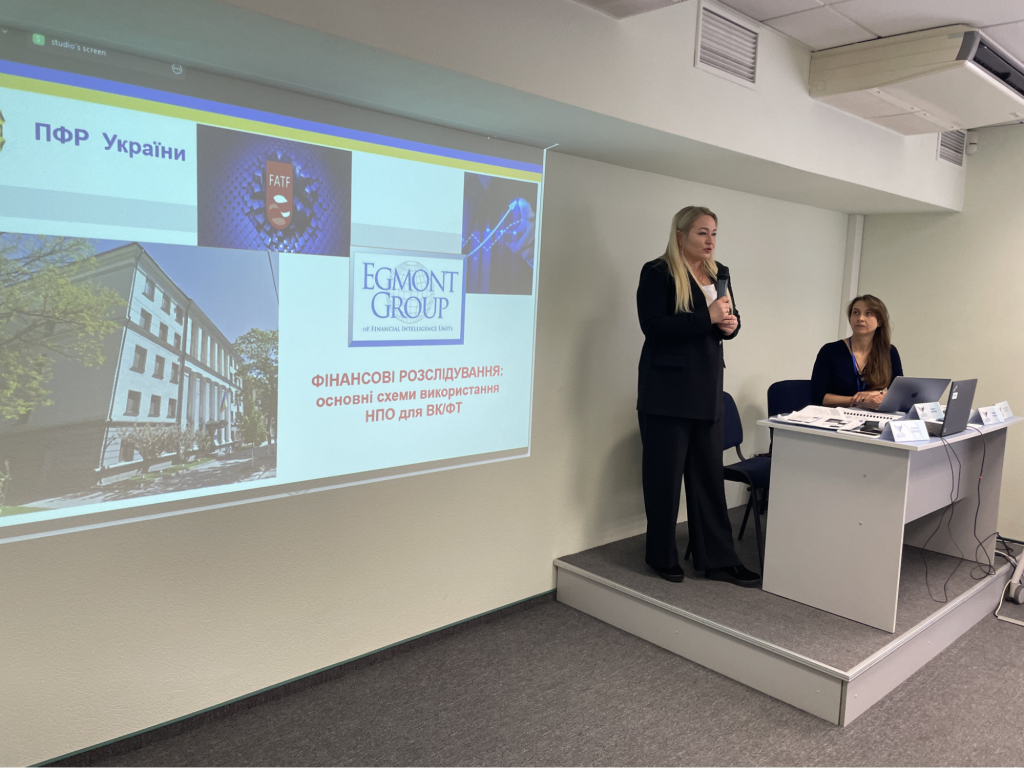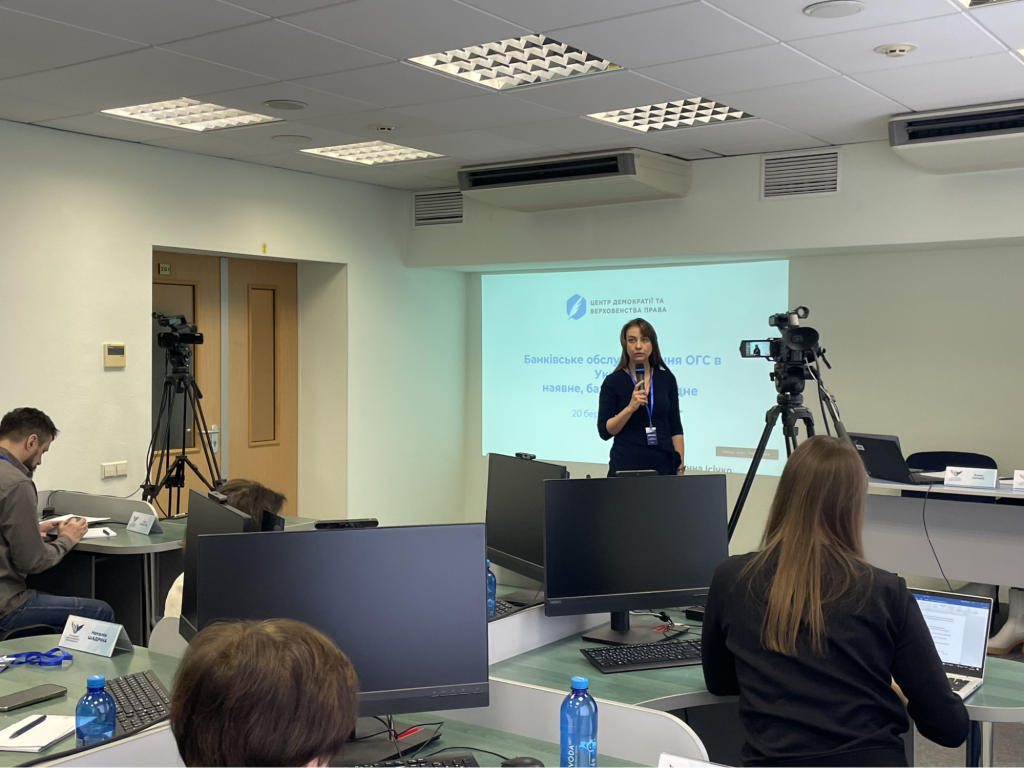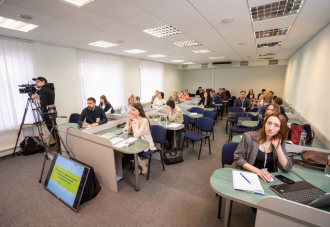CEDEM, in cooperation with the Academy of Financial Monitoring and with the support of the Council of Europe Office in Ukraine, has launched a training course titled “Financial Monitoring of the Civil Society Sector.” This course is designed to help civil society representatives, entities engaged in primary and state financial monitoring, and other interested parties understand how financial monitoring of non-profit organizations works — and what should and can be improved. It is the first course of its kind in Ukraine, and it is hoped that it will eventually be included in official professional development programs for financial monitoring specialists.
In March, the first two modules of the course were successfully held, bringing together around 150 participants from the civil society sector, the banking and auditing communities, public authorities, business, and academia.
“This course is important not only in terms of gaining new knowledge, skills, and connections — it symbolizes a fundamental shift in the dialogue between representatives of non-profit organizations and government agencies in the field of financial monitoring. I hope the participants will appreciate the quality of the prepared materials and the practical approach embedded in this course,” emphasized Sergii Rybchenko, Senior Project Manager of the Council of Europe Office in Ukraine’s project “Enhancing anti-money laundering, counter terrorist financing and asset recovery regime in Ukraine”.
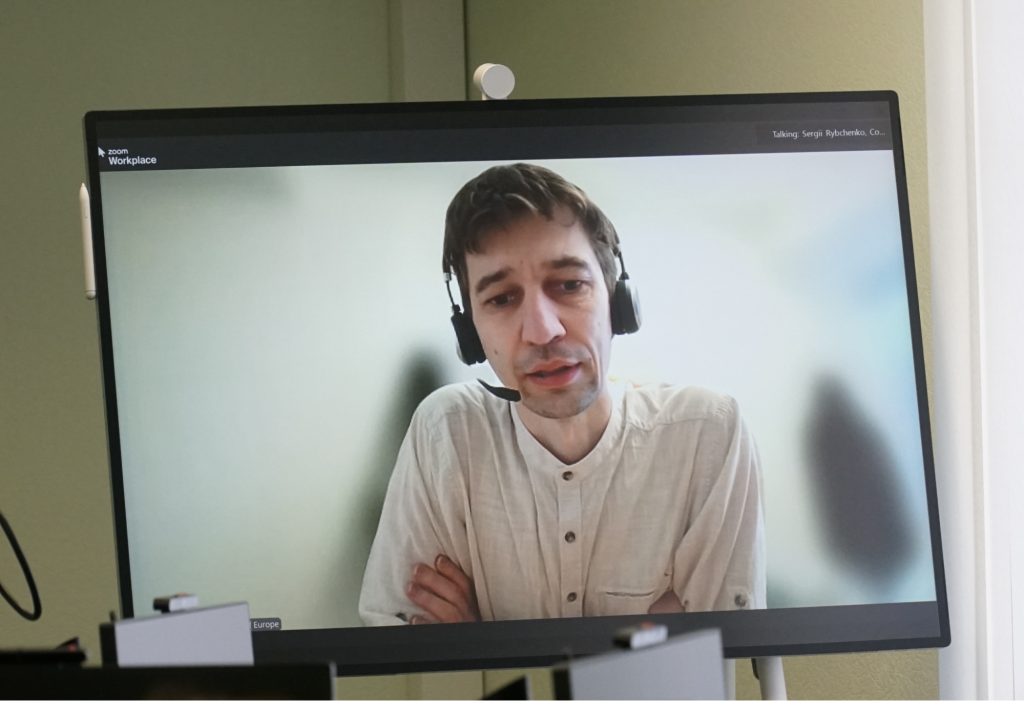
Olesia Kholopik, Director of CEDEM, noted: “Civil society is not only a pillar of democracy – today, it is also an essential element of Ukraine’s resilience. CSOs are carrying out vital tasks: supporting the Armed Forces of Ukraine, evacuating civilians, working on reforms in the context of European integration. That’s why civil society, more than anyone else, needs unhindered access to financial services. CEDEM recognizes how critical it is to launch training in this area – to explain financial monitoring mechanisms to CSOs, and to help government bodies understand the specifics of how the civil society sector operates.”.
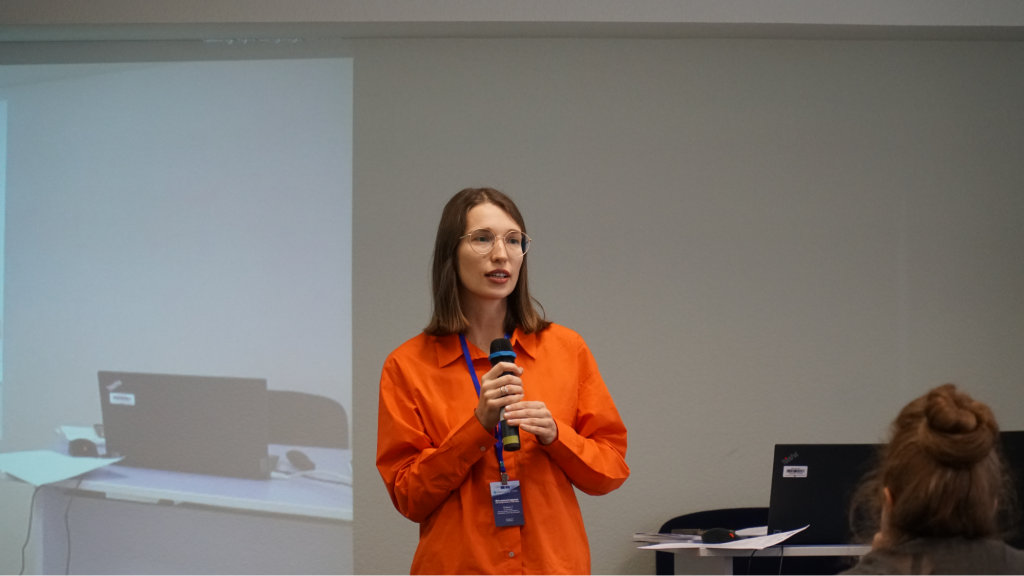
“This course is interesting and unconventional, because traditionally, this field focuses on training specialists who carry out financial monitoring functions — representatives of obliged entities who detect suspicious financial transactions and report threshold operations. But the mission of the Academy of Financial Monitoring is education, and this is the first time we are talking about financial monitoring in the civil society sector. This is a new approach – we raise issues and look for ways to solve them; we identify and highlight topics that require future attention”, said Rostyslav Marchuk, Director of the Academy of Financial Monitoring.

The first module of the course focused on international and national standards for financial monitoring of non-profit organizations and their impact on Ukraine’s civil society sector.
During the module, the following topics were covered:
- What financial monitoring and financial intelligence are, and why they are important for Ukraine, its security and European integration goals, as well as for the civil society sector (lecturer – Rostyslav Marchuk, Director of the Academy of Financial Monitoring; video available at this link).
- What international standards exist for combating money laundering and terrorism financing in the non-profit sector, and how they affect Ukraine (lecturer – Viktoriia Saman, Head of the Department for International Cooperation at the State Financial Monitoring Service of Ukraine; video available at this link).
- What financial monitoring in the civil society sector looks like today, and what challenges it poses for organizations themselves as well as for banks, auditors, insurers, and other reporting entities that provide them with services (lecturer – Mariia Poloz, national expert of the Council of Europe and legal advisor at CEDEM; video available at this link).
The lecturers’ presentations are available at the provided link.
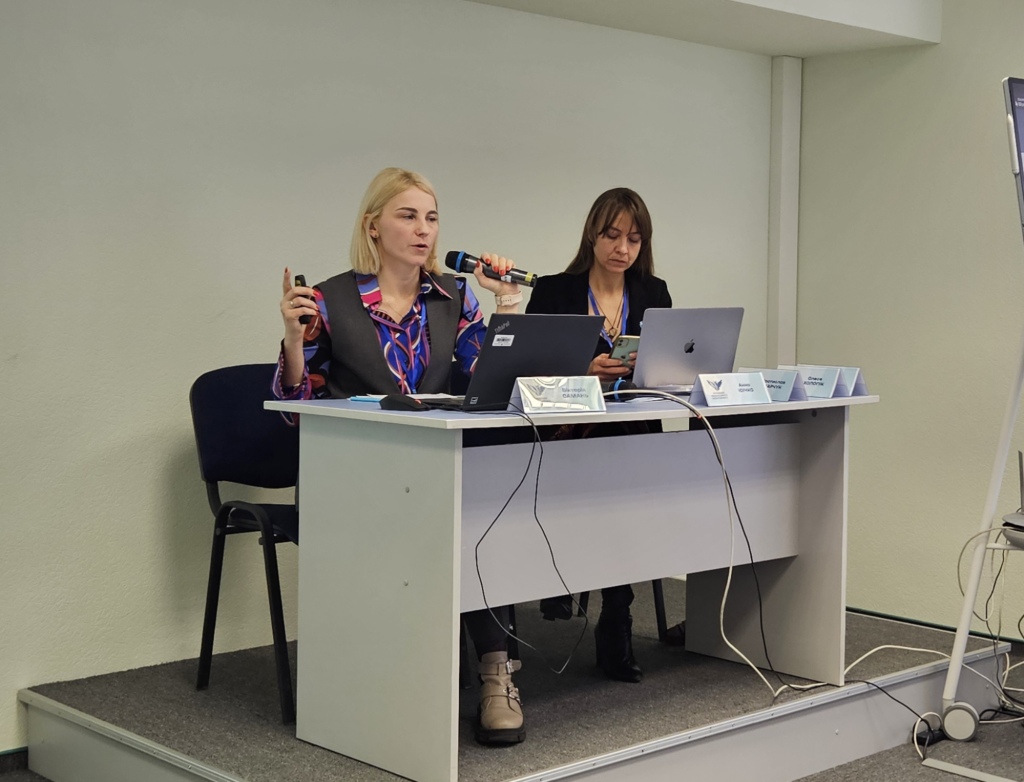
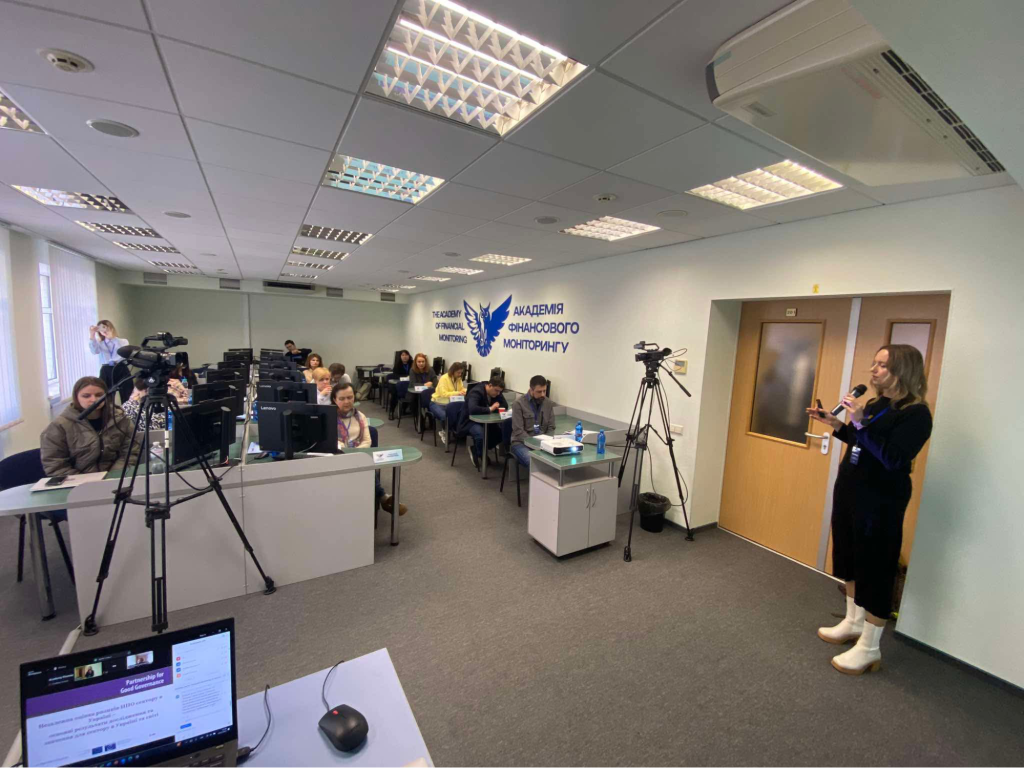
The second module of the course was dedicated to risk assessment and risk management in Ukraine’s non-profit sector, with a focus on civil society and charitable organizations.
The module addressed the following issues:
- What the risk-based approach is and why it is a FATF requirement for financial monitoring of the non-profit sector. Best practices for government-led risk assessment of the NPO sector (lecturers – Sam Davison and Kate Rogers, Jersey Financial Services Commission, DNFBP/NPO/VASP division).
- The challenges of applying the risk-based approach in banking services for CSOs and how to overcome them – insights from global and Ukrainian practice (lecturers – Simona Ognenovska, Research and Monitoring Advisor at ECNL, and Anna Isichko, Deputy Director of CEDEM).
The video recording of the speakers’ panel is available at the provided link.
- How independent experts in Ukraine assess risks in the non-profit sector, and what recommendations exist for managing these risks (lecturer – Mariia Poloz, national expert of the Council of Europe and legal advisor at CEDEM; video available at this link).
- Common schemes of misuse of non-profit organizations for the purposes of money laundering and terrorism financing (lecturer – Alina Bilyk, Head of the Department for Financial Investigations in the Monetary Circulation Sector, State Financial Monitoring Service of Ukraine).
The lecturers’ presentations are available at the provided link.
